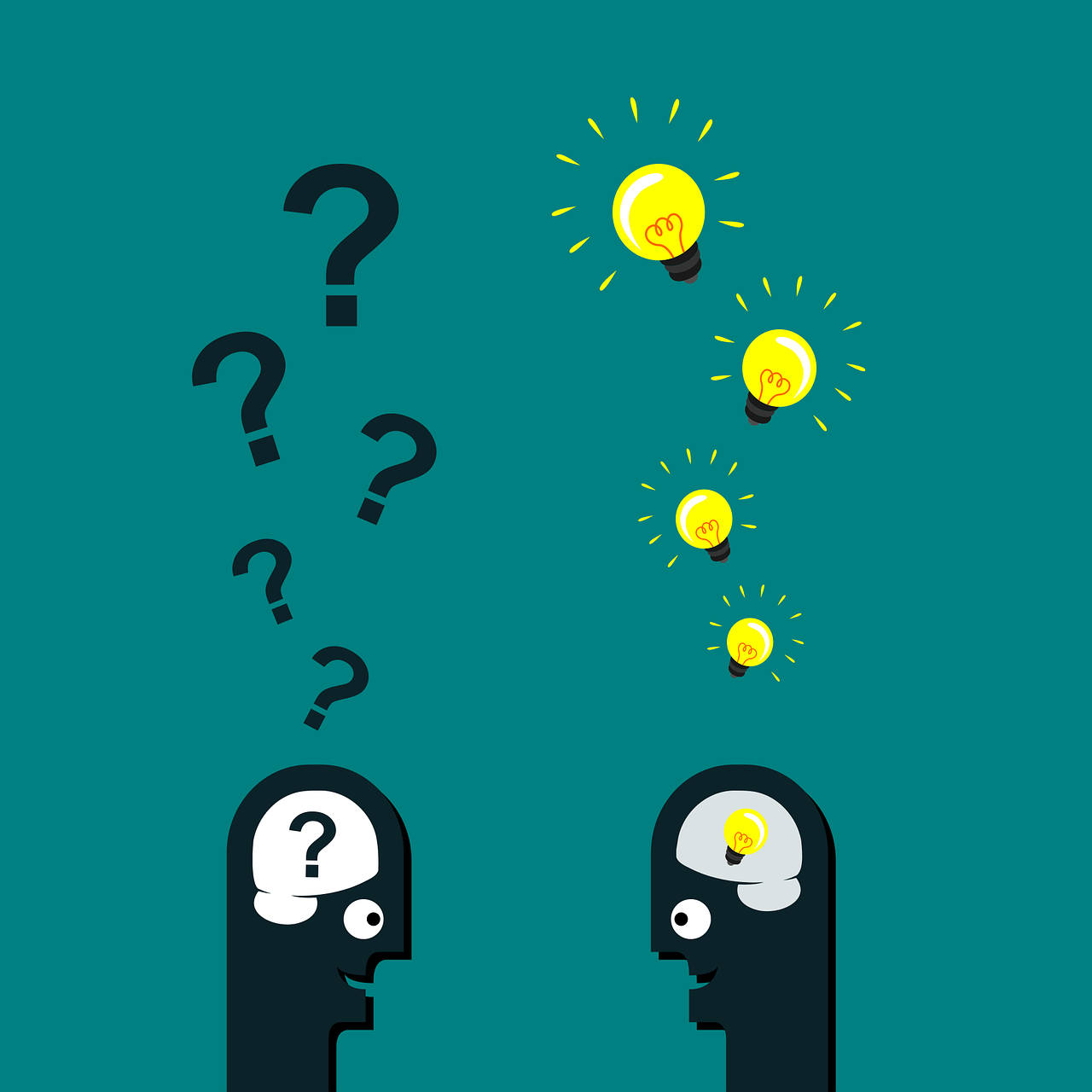Sorry, friends. I had a bit of a family emergency that required my attention all day yesterday, so I couldn't make our blog-isode. It's resolved now, so let's continue with this awesome journey...

Alright:
So far, in our series , we've talked about long-term memory as if it's one big storage space, like a massive warehouse where all our memories go, no matter what they are.
But in the last twenty years or so, some researchers have tried to make more distinctions to help us understand how this warehouse is organized.
One important difference is between episodic memory and what's often called generic memory.
Episodic memory is using hindsight to recall certain events (episodes) in our own lives, such as having supper on fried chicken yesterday.
Generic memory is different from episodic memory because it remembers facts or knowledge irrespective of the time or place when we learned them.
For example:
knowing that Aaron Burr killed Alexander Hamilton in a duel, the square root of 9 and the capital of America.
The generic memory one person possesses represents details they have accumulated over time which include meaning of words and symbols, world’s facts, sight appearance and general principles and ideas
So basically most of the memory studies we have been discussing in our series emphasize on episodic memory.
For example, there was a study where people were asked to remember names like submarine, typewriter and elephant.
Later when their memories were tested by the researchers, he wanted to know what they remembered from the list. If they saw “elephant” and “typewriter” but not “gazelle” or “thermometer.”
Does this mean that the subjects did not use their generic memory for these tasks?
Ofcourse, all words in the list had definitions known to them, but that is not what concerned the researcher.
In case he did, he would ask questions such as "what is an elephant?"
One very crucial part of generic memory is semantic memory, which is about the meanings of words and ideas.
Some researchers see our whole vocabulary as part of this memory bank: every word, its pronunciation, all its meanings, how it relates to real-world objects, and how it's used in phrases and sentences.
How can we ever locate a specific piece of information in this vast amount of verbal knowledge?
One thing is for sure: when we look for something, like a word similar to "quiet," we don't search through every single item in our memory one by one. If we did that, it could take days or even weeks.
The fact that we can quickly think of "silent" in a second or less shows that we use a much faster retrieval system.
We do not have to search through every book on each shelf, just like in a library. In this way, it is easier for them to find their books due to the systematic way the books are placed on shelves.
But what specifically does the organization of semantic memory look like?
In another episode, we will delve deeper into the works of Collins and Quillian who were among one of the first to propose that words and ideas stored in semantic memory are connected by a complex network model.
Lines or arrows represent connections between these dots which stand for words or ideas.

The Bus Stops Here for today:
Thank you for joining me in today's blog-isode. I hope you found it interesting. I value your thoughts on this subject or any of my blog-isodes, so feel free to drop them below. I enjoy writing and want to ensure my readers enjoy reading. Until next time, stay safe, friends.
References and Links:
https://www.ncbi.nlm.nih.gov/pmc/articles/PMC3350748/
https://link.springer.com/article/10.3758/s13423-020-01792-x